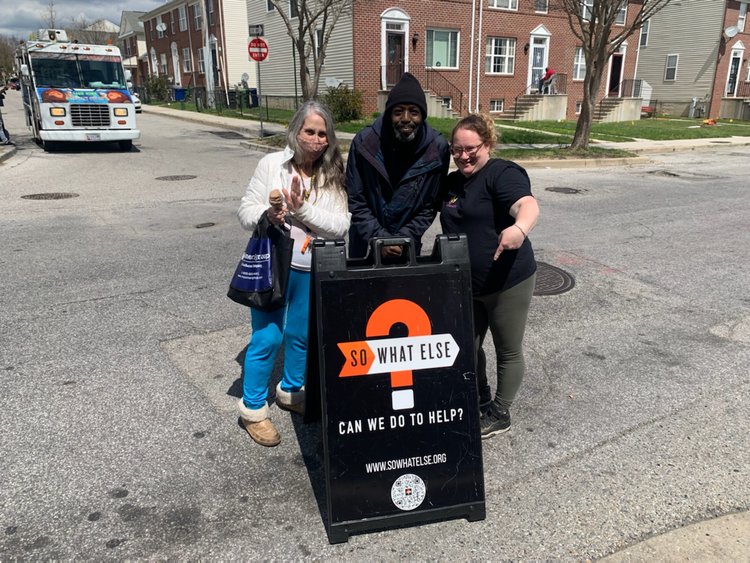
Many people around the world struggle with hunger and food insecurity daily. While this is a complex issue with many underlying causes, one simple way to make a difference is through food donations. By donating food to those in need, you can help provide nourishment, alleviate hunger, and make a positive impact on someone's life. In this article, we will explore how your food donations can help those in need, one bite at a time.
The Impact of Food Donations
Why Food Donations Matter
- Food donations are essential for providing meals to those who are food insecure.
- Donated food can help alleviate hunger and malnutrition in communities in need.
- Food donations can also reduce food waste by redirecting surplus food to those who need it most.
The Ripple Effect of Food Donations
- Food donations can have a ripple effect, improving the overall health and well-being of individuals and families.
- By receiving food donations, individuals can focus on other basic needs, such as housing and education.
- Food donations can also foster a sense of community and solidarity among those in need.
How You Can Make a Difference
Donate to Local Food Banks and Pantries
- Local food banks and pantries are always in need of food donations to support their programs.
- You can donate non-perishable items such as canned goods, pasta, rice, and cereal.
- Consider organizing a food drive in your community or workplace to collect donations for those in need.
Support Organizations that Combat Food Insecurity
- There are many organizations dedicated to fighting food insecurity through various programs and initiatives.
- You can support these organizations through monetary donations, volunteering, or spreading awareness about their work.
- Look for organizations that have a transparent and efficient system for distributing food donations to those in need.
Benefits of Food Donations
For Those in Need
- Food donations provide essential nutrition and sustenance to individuals and families facing hunger.
- Access to donated food can help improve overall health outcomes and quality of life for those in need.
- Food donations can also help alleviate the financial burden of purchasing groceries for struggling families.
For Donors
- Donating food can be a fulfilling and meaningful way to give back to your community and make a positive impact.
- Food donations can also help reduce food waste by redirecting surplus food to those who need it.
- By supporting food donation programs, you can contribute to building a more resilient and compassionate society.
Conclusion
Food donations play a crucial role in addressing hunger and food insecurity in communities around the world. By donating food, you can make a tangible difference in someone's life, one bite at a time. Whether you donate to local food banks, support organizations combating food insecurity, or participate in community food drives, your contributions can help provide nourishment, alleviate hunger, and foster a sense of solidarity among those in need. Remember, every donation counts and every bite matters in the fight against hunger.